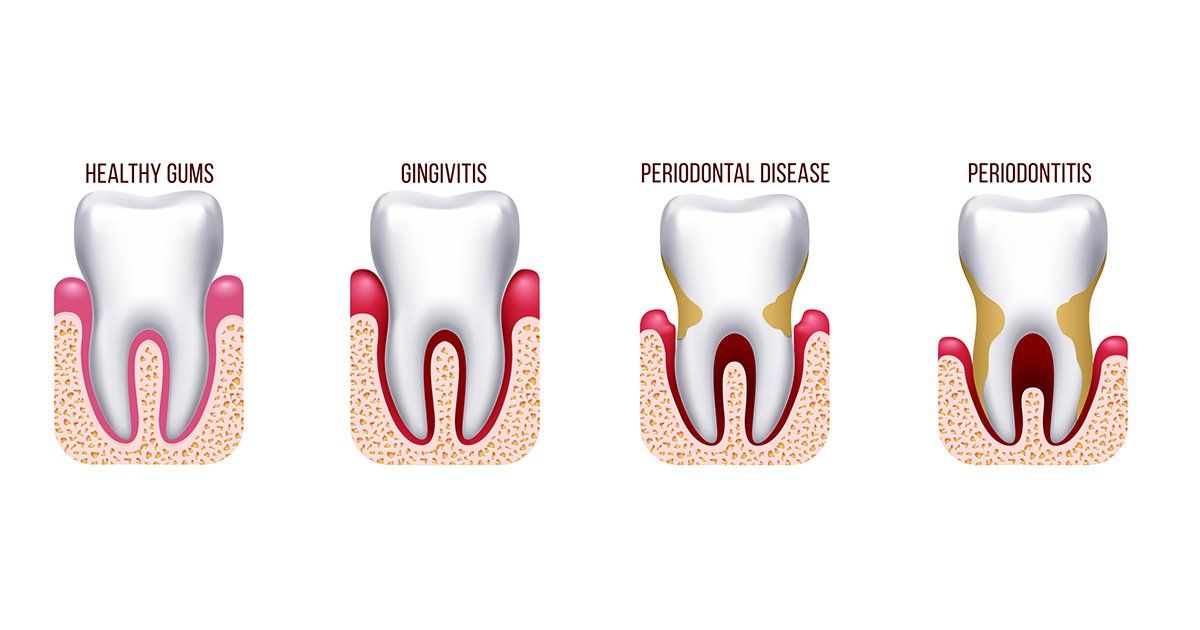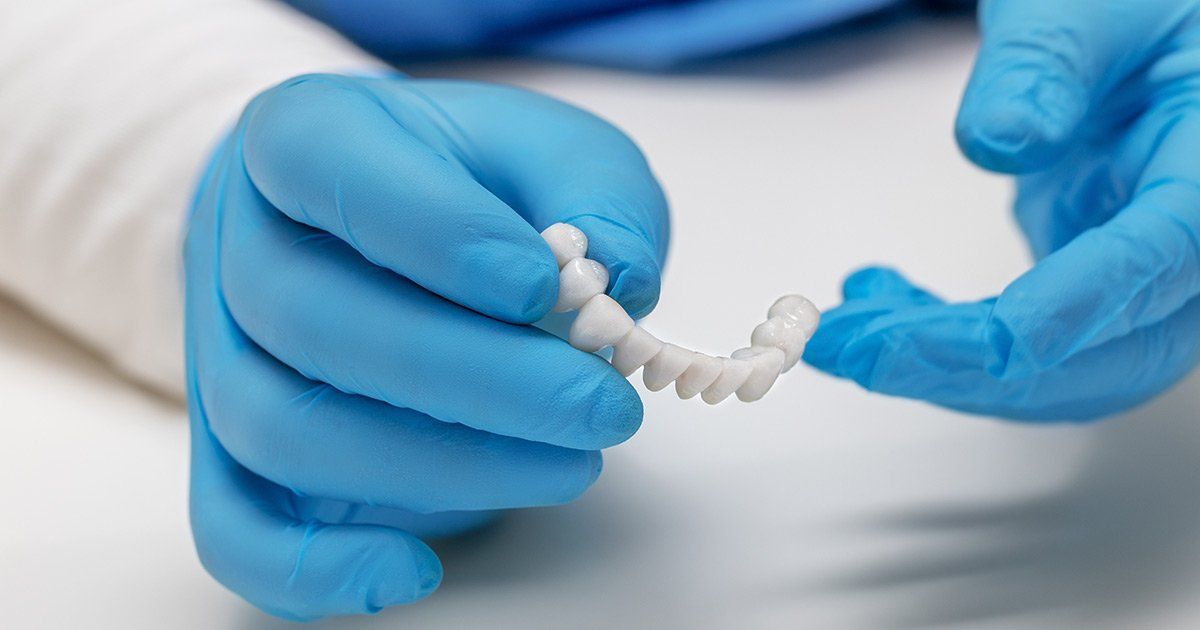How Much Does a Root Canal Hurt? What to Expect About Pain Levels and More
Does a root canal hurt that much or is the procedure completely over-dramatized? The reality is that does not hurt as much as you think! Here's what to expect.
When you begin to experience the first pangs of jaw pain, it's common to feel absolutely terrified. Most people don't enjoy having emergency dental work done, and the thought of someone sticking sharp metal objects into your mouth can frighten even the most hardened individuals.
However, if you've ever wondered, "Does a root canal hurt?", then you may be pleasantly surprised to discover that most are virtually painless. Thanks to advances in medical knowledge and technology, and powerful anesthetics, modern root canal procedures don't generate immediate discomfort or pain.
What is a Root Canal?
A root canal (also called endodontic treatment or endodontic therapy) is a kind of deep cleaning for a tooth. When a tooth becomes severely infected, it needs internal medicine that brushing cannot provide. If a root canal procedure is put off or avoided, the condition of the infected tooth or teeth is likely to worsen.
The basic procedures involved in a root canal include a deep cleaning of the tooth, where the internal pulp is removed and replaced with a hard sealant. The sealant prevents the tooth from becoming reinfected and provides much-needed internal support.
While a root canal is a slightly invasive procedure, it's not nearly as expensive or painful as a tooth extraction. Also, thanks to modern medical techniques and medicines, most root canals are completely painless. That's why it's better to seek treatment right away.
Does a Root Canal Hurt?
A root canal without anesthetic can be quite painful, which is why dentists always inject their patients with a strong, localized anesthetic before beginning the procedure. While it can be scary to have someone put a needle into the roof of your mouth or your gums, there is only an initial pinch followed by the complete absence of pain.
Throughout the entire procedure, your dentist will check with you to assess your discomfort. If you begin to feel any sensations of pain, more anesthetic will be applied. Also, your dentist may prescribe a small amount of pain relief medication as part of your out-patient procedure, ensuring that you never experience any suffering.
Signs That You May Need a Root Canal
An infected tooth is typically challenging to ignore, and common symptoms include:
- Intensely painful toothache, especially while eating
- Extreme and consistent sensitivity to temperature
- A darkening of the tooth
- Swelling and tenderness of the gums surrounding the infected tooth
When an infected tooth is left to fester for a prolonged period, it can become an abscess. An abscess may cause swelling in the jaw or mouth, bone loss, and other unfortunate symptoms. An abscessed tooth will likely need to be extracted, but an infected tooth that is treated early will likely be saved, especially if a quality endodontic therapy is pursued.
What to Do After a Root Canal
After a root canal, your gums may be slightly swollen or inflamed. Don't worry, this is normal. An over-the-counter pain reliever, such as aspirin or ibuprofen, can help relieve the bulk of any aches or pains you experience after a root canal. Still, thanks to anesthetics, most patients won't encounter any pain during or immediately after the procedure.
It may also be helpful to eat soft, lukewarm foods for several days after a root canal. Patients should continue their dental care routine, but take extra care around the freshly healing tooth or teeth.
Endodontic Treatment Can Save Your Teeth!
Seeking treatment at the first sign of trouble can save your teeth and protect your wallet. Root canals are an affordable alternative to extractions, and thanks to anesthetic treatments, they're entirely pain-free.
If you have any additional questions concerning root canal treatment options, please reach out to us today for more information!






